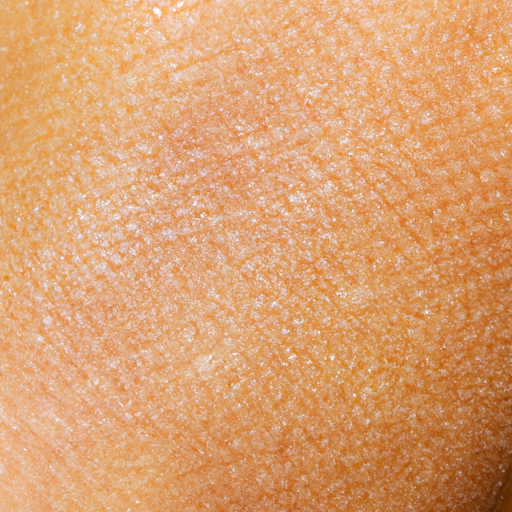As a medical professional, I often encounter patients who are plagued with dry, itchy skin. It’s a common issue that can be caused by various factors such as harsh weather conditions, aging, certain medical conditions, or even the use of specific soaps or detergents. Dry skin can be more than just an annoyance; it can significantly impact your quality of life, causing discomfort and even pain. However, there are effective strategies to soothe your dry skin woes and banish the itch. Here are five proven methods to help you manage and prevent dry skin.
1. Hydrate from Within:
Your skin’s health is a reflection of your overall health. Staying hydrated is one of the most effective ways to keep your skin moist and healthy. Aim to drink at least eight glasses of water per day. Incorporating foods with high water content, such as cucumbers, oranges, and watermelon, into your diet can also help maintain your skin’s hydration levels.
2. Moisturize Regularly:
Applying a moisturizer to your skin creates a barrier that prevents water loss and helps keep your skin hydrated. Look for moisturizers that contain ingredients like hyaluronic acid, glycerin, or ceramides, which are known for their hydrating properties. Apply the moisturizer immediately after bathing while your skin is still damp to lock in the moisture.
3. Use Gentle Skin Care Products:
Harsh soaps and detergents can strip your skin of its natural oils, leading to dryness and irritation. Opt for gentle, fragrance-free cleansers and laundry detergents. When bathing, avoid hot water as it can strip the skin of its natural oils; instead, use lukewarm water.
4. Humidify Your Environment:
Dry air can exacerbate skin dryness, especially during winter months when indoor heating systems are in use. Using a humidifier in your home can help maintain a healthy level of humidity, preventing your skin from drying out.
5. Protect Your Skin:
Exposure to harsh weather conditions, such as wind, cold, and sun, can dry out your skin. Always protect your skin when going outside by wearing appropriate clothing and applying sunscreen. Even during winter months, the sun’s UV rays can cause damage to your skin.
In conclusion, managing dry skin involves a combination of lifestyle changes and the use of appropriate skin care products. It’s important to remember that everyone’s skin is different, and what works for one person may not work for another. If you’ve tried these strategies and your dry skin persists or worsens, I recommend consulting with a dermatologist. They can provide a more personalized treatment plan and rule out any underlying medical conditions that may be causing your dry skin.
Remember, your skin is the largest organ in your body and plays a crucial role in protecting you from external threats. Taking care of it should be a priority in your daily routine. By implementing these strategies, you can soothe your dry skin woes and banish the itch, leading to healthier, more comfortable skin.



